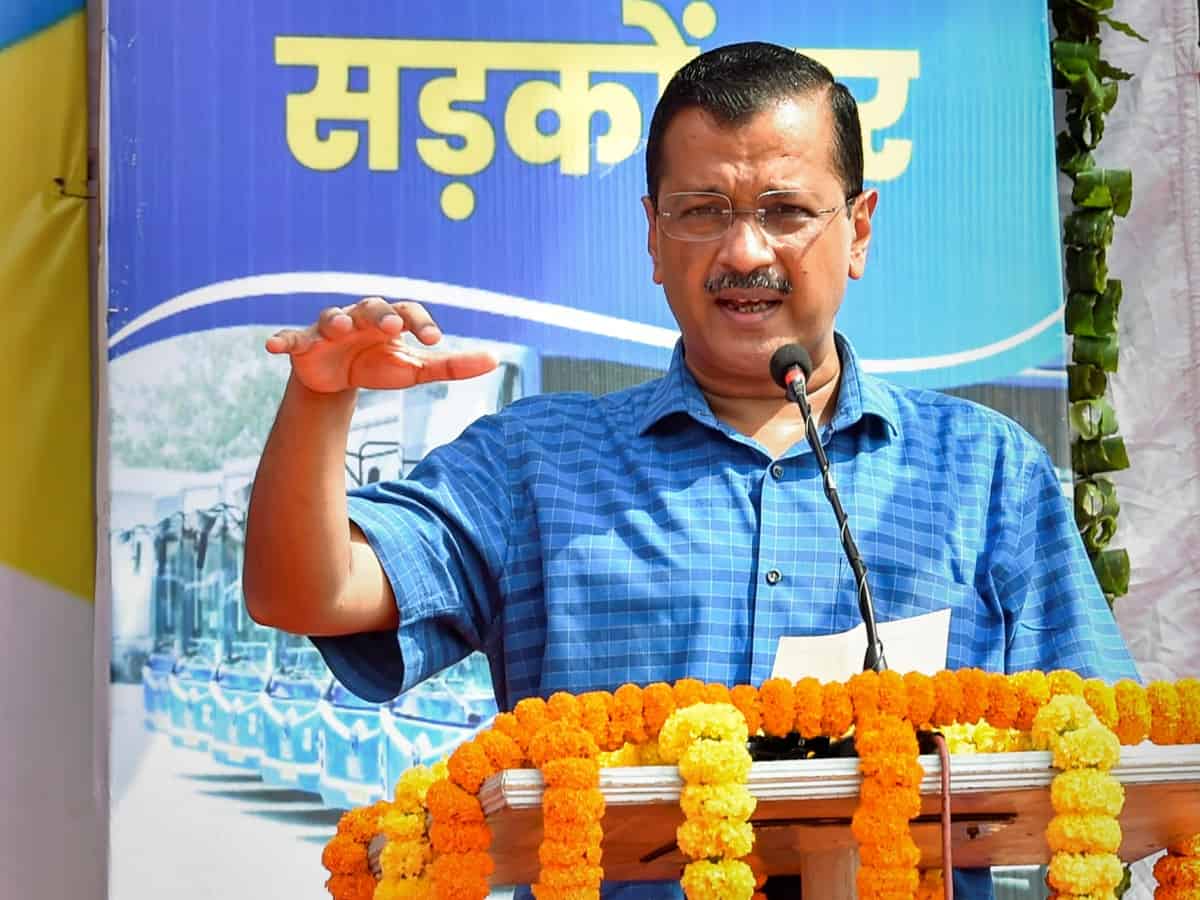
Hyderabad, December 13: Although the BJP had registered a landslide victory in Gujarat by clinching 156 seats in the 182-member assembly, much higher than its tally of 99 seats in 2017, but their percentage of vote share witnesses a minor increase. The 10-year-old AAP, along with Asaduddin Owaisi’s AIMIM, had a big role in splitting the votes that traditionally go to Congress.
AAP which was projected as the main opposition in Gujarat went on to win five assembly seats and was in second spot at 35 assembly seats, pushing the Congress vote share from 40 per cent in 2017 to 27 per cent in 2022.
The AAP and the AIMIM, were seen like options for the Muslim community in Gujarat, are not necessarily viewed so by the community. The debutant AAP has failed to register in any of the 16 Muslim-dominated seats it contested in. Whereas, AIMIM had fought on 13 assemblies, including two non-Muslims that ate into Congress votes in Muslim-dominated seats like Jamalpur-Khadia and Vadgam.
The AAP and AIMIM are often viewed with suspicion and dubbed as “BJP’s B-teams”. People allege that the AAP-AIMIM duo do not contest to get the votes of the Muslim community, but to mobilise the votes of the non-Muslims.
Indifference among Muslim
There is a growing indifference building up among Muslim community in Gujarat. They were not very hopeful of the opposition, so elections were seen as a ritual and there was no enthusiasm witnessed among Muslim community.
Muslim community makes up 9.67% of total population in Gujarat, urban Muslims make up 14.75%, while 5.91% lives in rural areas.
For hundreds of Muslim in Gujarat, the 2002 riots were a watershed moment. More than a decade on, Gujarati Muslims work hard to get education and succeeded in establishing businesses, rebuilding their lives with their hard work and keeping away from politics.
According to the Gujarat Education Minister, the literacy percentage among Muslims in Gujarat increased from 73.5 per cent in 2001 to 80.80 per cent in 2011, whereas the Gujarat’s overall literacy rate stood at 82.5 per cent in 2021, up from 69 per cent in 2001.
The sharp increase in literacy among Muslims was the result of their hard work. In 2001, there was only one school owned and managed by the Muslim community, however, the number of schools shoot up to thousands. Muslim parents in Gujarat value the most specialized school and tuition for their children’s education, career and devote full time to it and even spend thousands of rupees behind it.

Muslim education attainment is 74.9 % in primary stage compared to national average of 60.9 %
Apart from this, the employment percentage of Muslims in government department had also gone up from 7.1 per cent in 2001 to 7.8 per cent in 2011 census.
Employment of Muslims in critical department of the government such as Home Department, State Transport Department and public sectors is very high when compare to other states.




